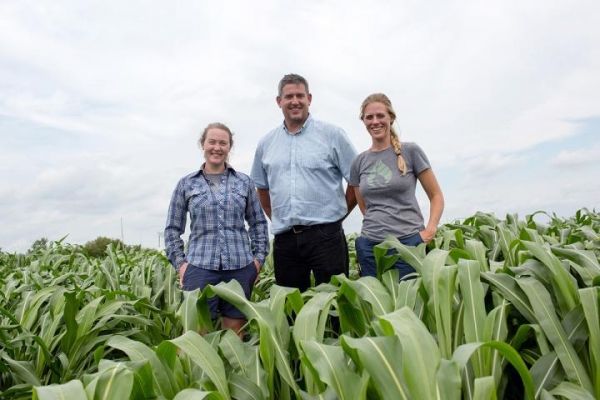Agricultural scientists who study climate change often focus on how increasing atmospheric carbon dioxide levels will affect crop yields. But rising temperatures are likely to complicate the picture, researchers report in a new review of the topic.
Published in the Journal of Experimental Botany, the review explores how higher temperatures influence plant growth and viability despite the greater availability of atmospheric CO2, a key component of photosynthesis. Excessive heat can reduce the efficiency of enzymes that drive photosynthesis and can hinder plants’ ability to regulate CO2 uptake and water loss, the researchers write. Structural features can make plants more – or less – susceptible to heat stress. Ecosystem attributes – such as the size and density of plants, the arrangement of leaves on plants or local atmospheric conditions – also influence how heat will affect crop yields.
The review describes the latest scientific efforts to address these challenges.
Read more at University of Illinois at Urbana-Champaign, News Bureau
Image: From left, Caitlin Moore, Carl Bernacchi, Katherine Meacham-Hensold and their colleagues review how rising temperatures affect photosynthesis in plants and how scientists are addressing the challenges. (Credit: Photo by Claire Benjamin/RIPE project)


